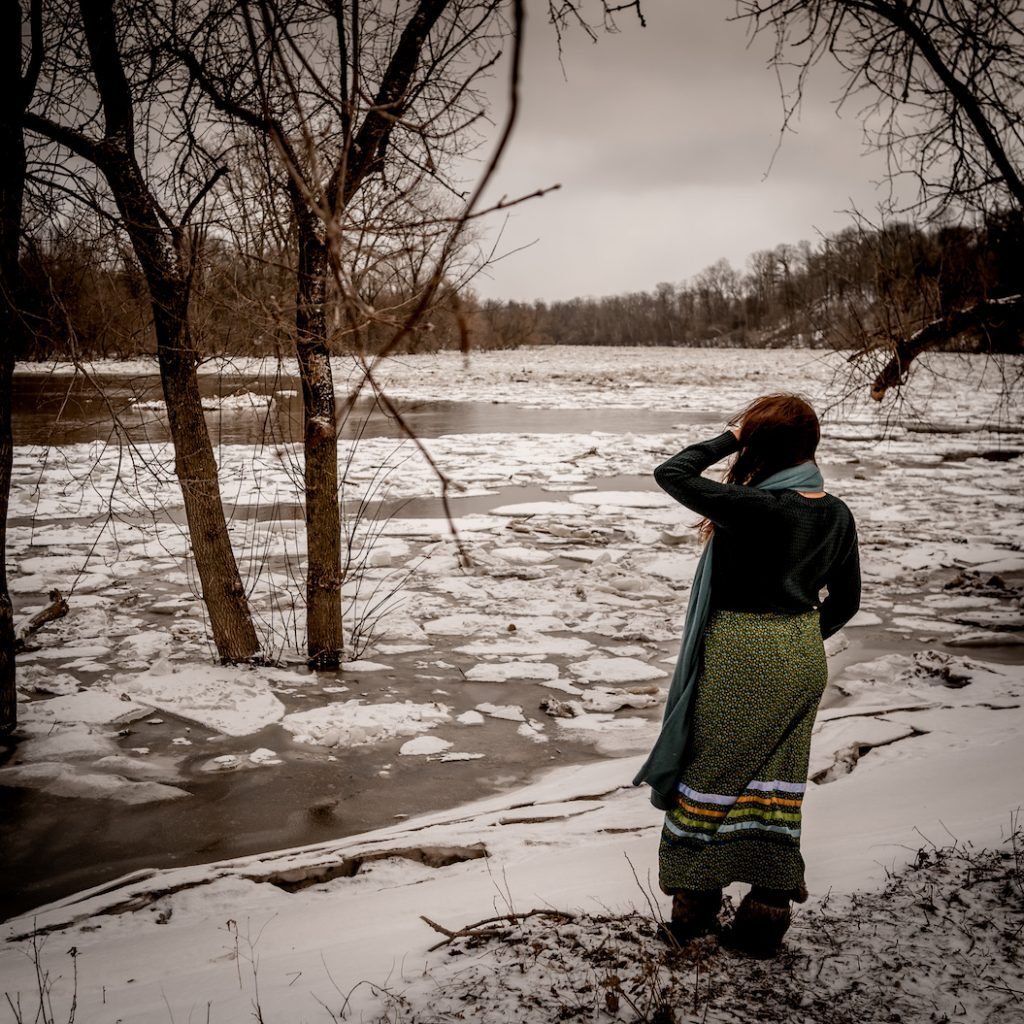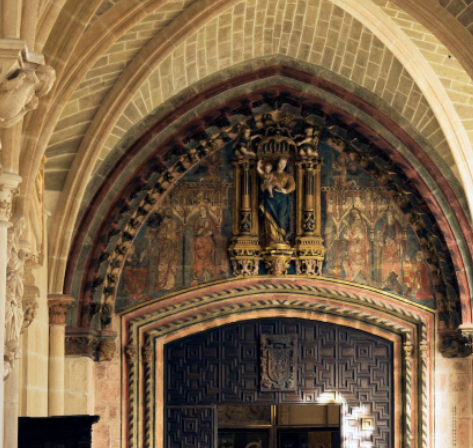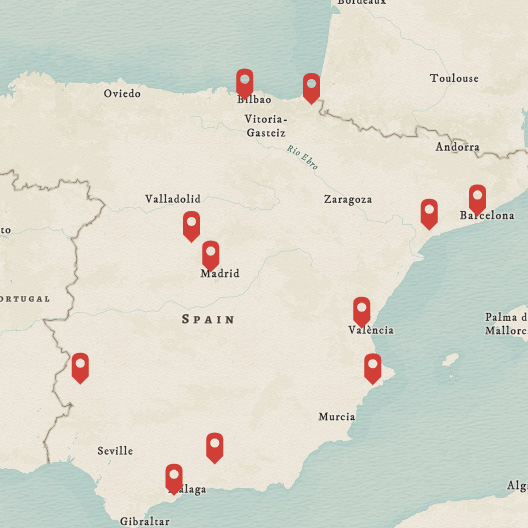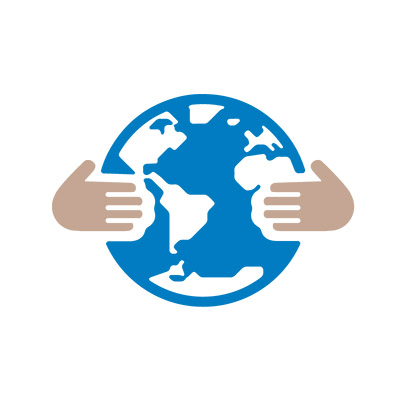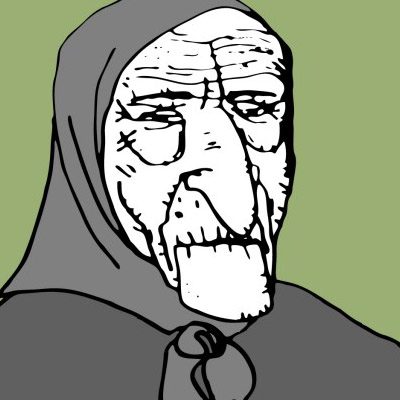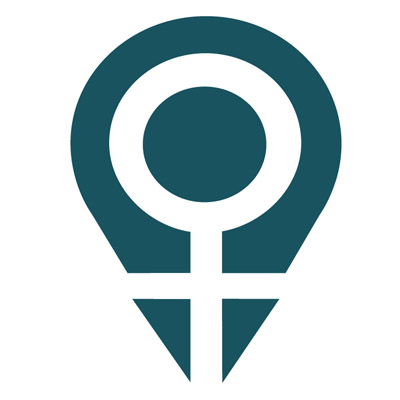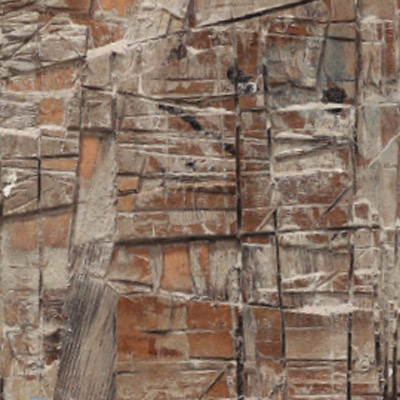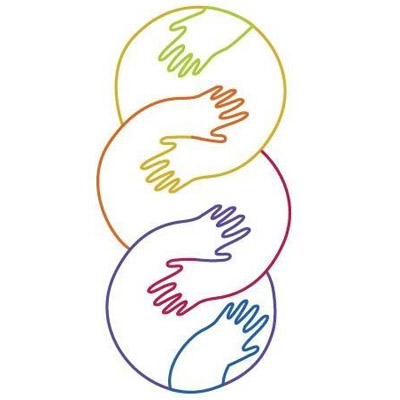Deciphering Secrets: Unlocking the Manuscripts of Medieval Spain is a collaborative citizen science project focused on revealing the inter-religious relations of Jews, Christians, Muslims, and religious converts during the 12th through 16th centuries in late medieval and early modern Spain. This project portal, directed to the public and scholars alike, offers access to: (1) the Deciphering Secrets: Medieval Spanish Manuscript and Transcription Collection, (2) Spanish paleography and historical resources that
include e-publication, video instruction, and practicums; (3) peer-reviewed research and publications and other findings; and (4) citizen science Massive Open Online Courses (MOOCs) and Zooniverse efforts (spring 2022). All materials are shared via Creative Commons-Attribution-NonCommercial-NoDerivatives 4.0 International (CC BY-NC-ND 4.0) license unless otherwise noted.

